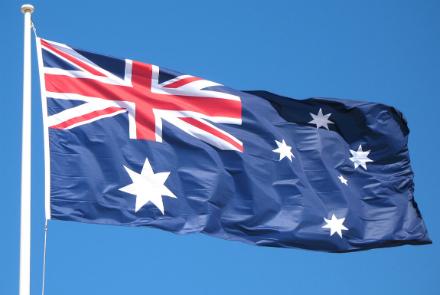The Australian government on Tuesday contributed $2.2 million USD to UNICEF’s humanitarian response in Afghanistan – to help fund critical child protection, health, nutrition and water, sanitation and hygiene activities for displaced and returnee children and women.
The one year contribution was made through Australia’s Department of Foreign Affairs and Trade (DFAT).
In a statement issued by UNICEF, the organization said Australia’s funding will provide ready-to-use therapeutic foods to treat severe acute malnutrition, and supply water, sanitation and hygiene services to prevent the spread of disease among internally displaced people, returnees and their host communities.
With over nine million people in Afghanistan having limited or no access to essential health and basic education services, Australia’s contribution will fund mobile health teams to provide basic health services to communities on the move, which are currently unserved or underserved by existing health facilities.
“It will also enable UNICEF to extend the provision of safe learning spaces to educate and protect displaced children who are currently out of school or studying in overcrowded classrooms,” the statement read.
Announcing Australia’s humanitarian assistance, Australia’s Ambassador to Afghanistan, Richard Feakes said: “Australia’s humanitarian assistance focuses on protecting the most vulnerable, with a particular emphasis on women and children. Australia is proud to partner with UNICEF to support critical protection, health and education support for displaced and returnee children and their families.”
Acknowledging Australia’s support, UNICEF Representative to Afghanistan Adele Khodr said: “We welcome this generous contribution to UNICEF’s work to provide vulnerable children and women in Afghanistan who have endured difficult journeys and transitions, with access to essential services to keep them healthy and safeguard them from harm and abuse.”


